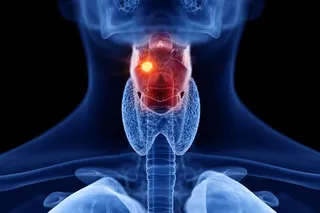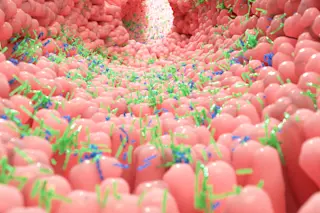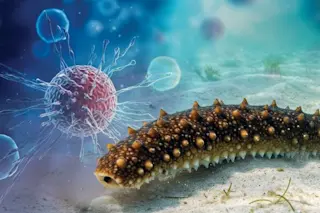Scientists are beginning to identify cancer by its mutations rather than just its tissue of origin, allowing them to find drugs more precisely targeted to a particular disease type.
Already researchers at the Cancer Genome Atlas project (a collaboration of the National Cancer Institute and the National Human Genome Research Institute) are sequencing mutations involved in more than 20 types of cancer. In September oncologists reported they sequenced deadly squamous cell lung cancer in 178 patients. Half the tumors had mutations that can be targeted by newly developed drugs, some of which are already in human trials. Similar cancer types often had very different mutations.
“Lung cancer will turn out to be not one disease but dozens,” says Ramaswamy Govindan, a lead scientist on the project. The flip side is that drugs meant for one cancer may unexpectedly work for another. The project found four genetically distinct groups of breast cancer. One resembles ovarian cancer and so could be treated similarly.














